Correction appended, Aug. 14
It was the most significant week yet in the race for the Republican presidential nomination.
Tech executive Carly Fiorina’s hopes rose—along with her poll numbers, fundraising, and crowd counts—after a masterful performance at the GOP’s first debate, albeit a breakout showing for the also-ran candidates who trailed in public polling.
Ohio Gov. John Kasich showed that a smartly timed entrance to the race has the potential to reshape the race, but he now faces the scrutiny befitting a serious contender. And candidates sulked and nursed self-inflicted wounds after less-than-stellar performances left them on defense.
For sure, it’s still early. Iowans don’t caucus until February of next year. The mold-breaking candidacy of business mogul Donald Trump still looms over the fractured field of 16 major candidates. Predicting outcomes a half-year away is often a losing bet. Most voters are not paying attention yet, and those who are tend to be far more partisan and ideological than those who will show up to pick a nominee during the spring of 2016.
Yet there are some clues to the still-unsettled race and what lies ahead. Uncertainty seems to be the unifying theme throughout this race, and nothing is going to erase that with so much time to go.
That said, here’s what we’ve learned in the week since the debate.
Correction: The original version of this story misstated the size of Scott Walker’s staff in Iowa. As of Aug. 14, he has four paid staffers and two consultants working in the state.
Carly Fiorina Is Ready for Primetime
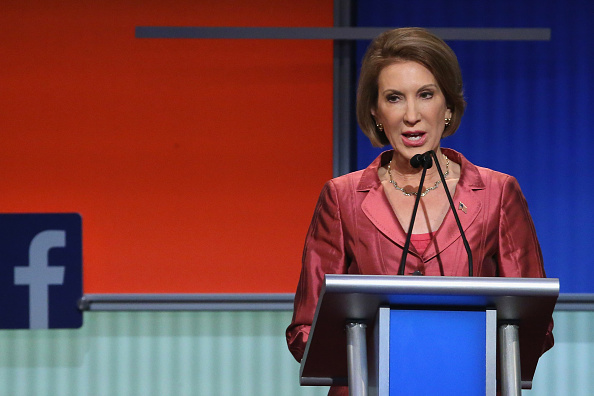
Former Hewlett Packard CEO Carly Fiorina wowed Silicon Valley in the early 2000s with her poise and polish, until she was publicly fired in what she now calls a boardroom brawl. That same finesse made her the breakout star of the second-tier “happy hour” debate and likely earned her a podium during primetime when the Republicans next convene in September. In the week since, she has camped out in cable news green rooms to maximize the free publicity. She’s now back on the road, hoping her sharp-tongued criticism of Democratic frontrunner Hillary Clinton keeps the momentum rolling, and perhaps letting her avoid another embarrassing rejection.
John Kasich Is Ready to Roll
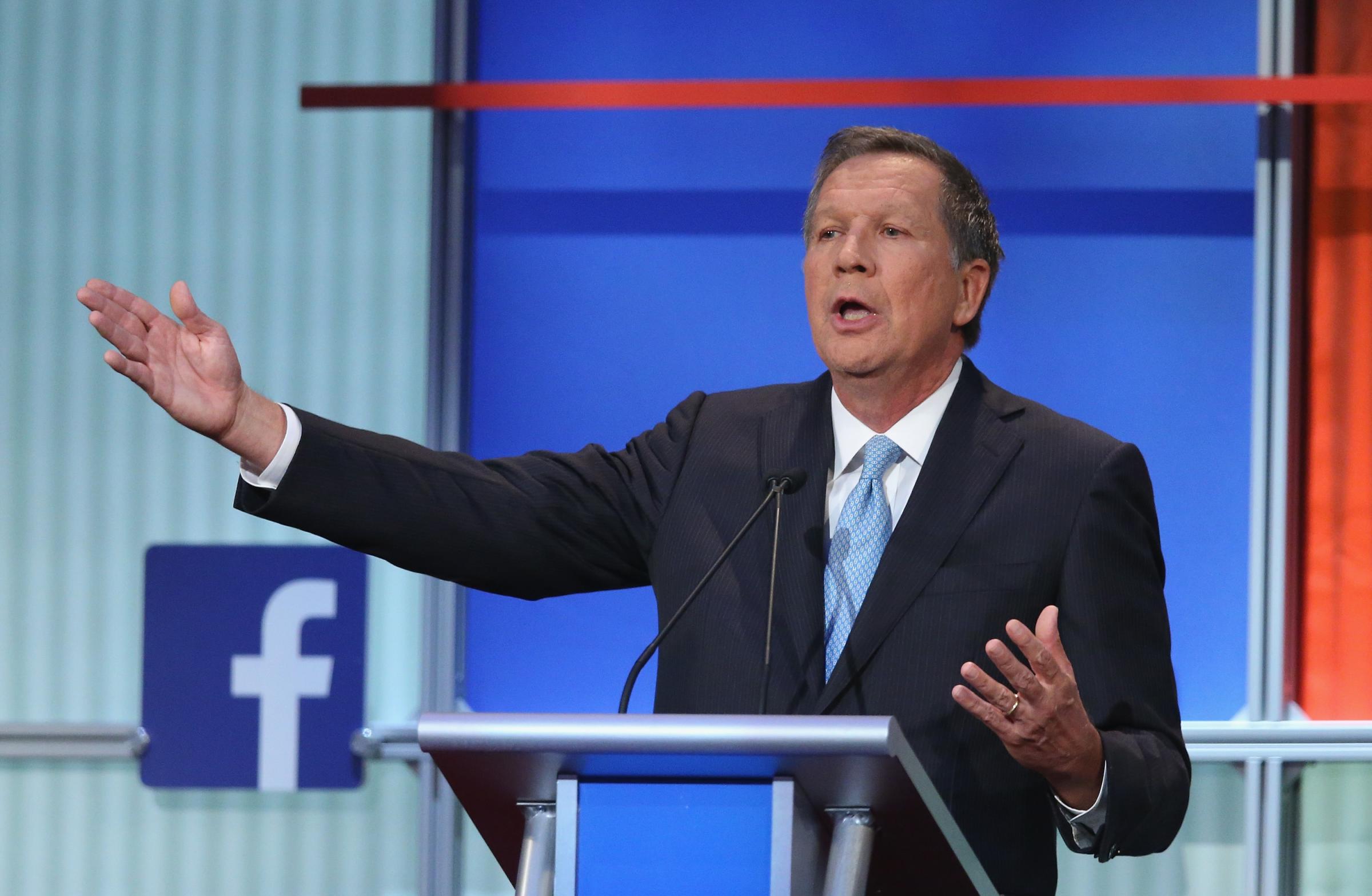
In the weeks before his announcement last month, Ohio Gov. John Kasich’s top aides poured over polling showing the announcement “bumps” that each of his rivals received. They planned his launch so that his would peak just as pollsters were phoning voters across the country for surveys that would determine eligibility for the first GOP debate. He caught that polling wave—and a strong debate performance provided an added boost in New Hampshire—but also the scrutiny that comes with his newfound standing. For instance, the Cleveland Plain Dealer on Thursday followed-up on Kasich’s debate answer that seemed to support the rights of gays and lesbians to marry, only to find that the Governor’s positions on LGBT issues is far some settled and perhaps a liability as he faces deeply conservative caucusgoers in Iowa and religious primary voters in South Carolina.
Marco Rubio Is Slow and Steady
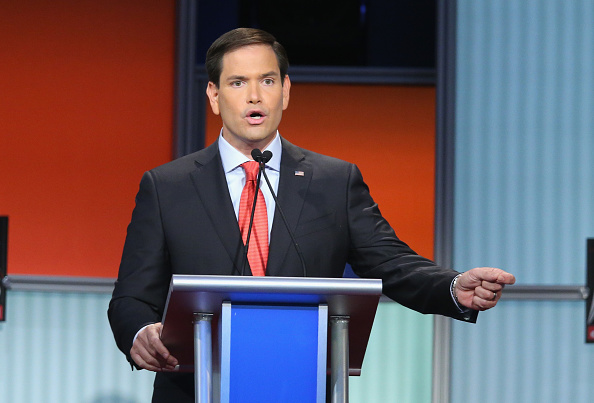
By nearly all accounts the winner in last week’s debate, Florida Sen. Marco Rubio has deliberately avoided claiming a share of the spotlight. His campaign is operating on the assumption that there will be many moments to shine between now and when voters begin going to the polls next year—and they want to time their breakout opportunity to when it matters. Rubio’s aides are aware of Walker’s efforts in January to claim momentum after the Iowa Freedom Summit, which led him to suffer the exposure that a frontrunner endures. Instead, they are sticking to a slowly-but-surely path to the nomination—one that is available now, but depends on no one else in the field catching fire before the caucuses.
Scott Walker Is Coming Down to Earth
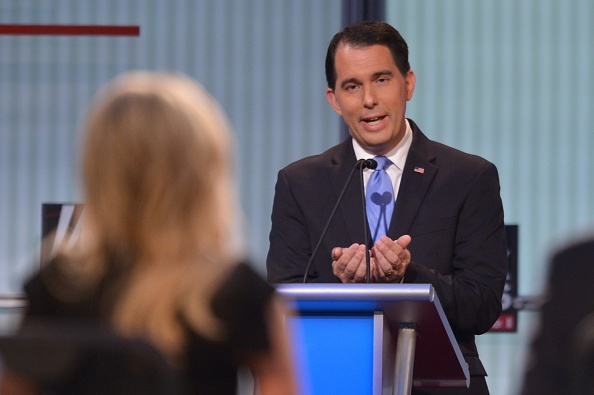
Wisconsin Gov. Scott Walker’s fiercely on-message debate performance was a calculated move to allow him to introduce himself to more people. But after a five-month surge to the top of the polls in Iowa, Walker has settled into third place behind Trump and retired neurosurgeon Ben Carson in the latest CNN/ORC poll. He has large organization in the state, reflecting its must-win position on his path to the nomination. Still beloved by many Iowans, it’s now even more clear that will Walker have to work hard for a win in the state and may have to fend off challenges from other establishment candidates seeking to keep his campaign from even getting started.
Rand Paul Is In Trouble
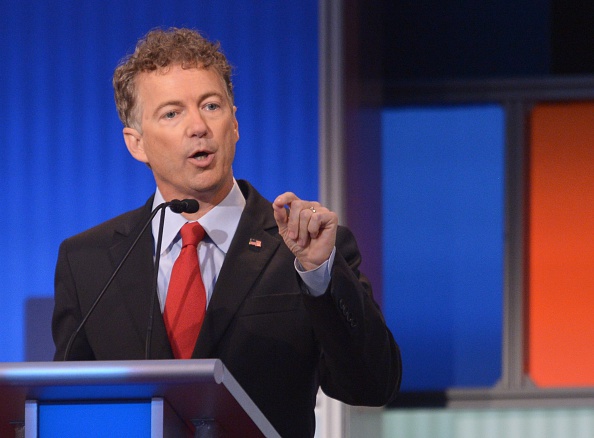
After picking—and losing—three fights with his opponents on debate night, Kentucky Sen. Rand Paul is struggling to reverse the trajectory of campaign and hoping to pick a fight with Trump to do it. It’s not clear if that will be sufficient to right Paul’s lilting campaign, however. Internal disagreements are spilling into the public, fundraising has been slow (in part because the candidate hates to do it), supporters are fretting that Paul has squandered his moment and the Senator’s moods are even pricklier than normal. The mid-summer meltdown of Paul could be nothing more than a blip by the time Iowa’s caucuses arrive in February. But, for the moment, the post-debate angst seems to signal that Paul has much work to do to correct course before his political hopes sink in the mighty Mississippi, which gives Iowa its eastern border.
Jeb Bush Has His Eye on Hillary Clinton
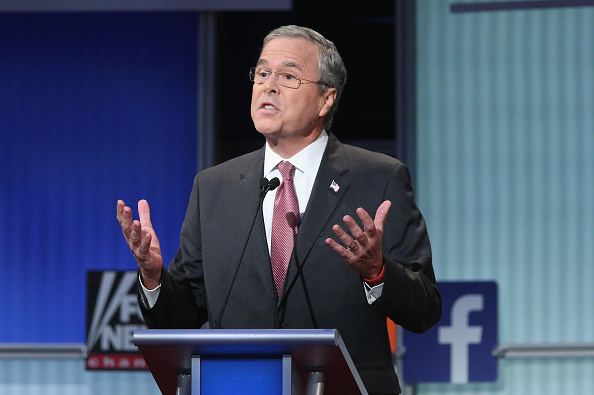
Former Florida Gov. Jeb Bush’s uneven debate performance didn’t win him any awards, but his cautious steps were the last sign that Bush is looking past his GOP rivals and at the general election. In the days after the debate, he went out of his way to criticize Trump’s comments about debate moderator Megyn Kelly. He then delivered a foreign policy speech at the Ronald Reagan presidential library, blaming former Secretary of State Hillary Clinton in part for the rise of ISIS in Iraq. The Iraq speech was an attempt to neutralize, as best a Bush can, the issue in a general election context.
Donald Trump Is Here to Stay
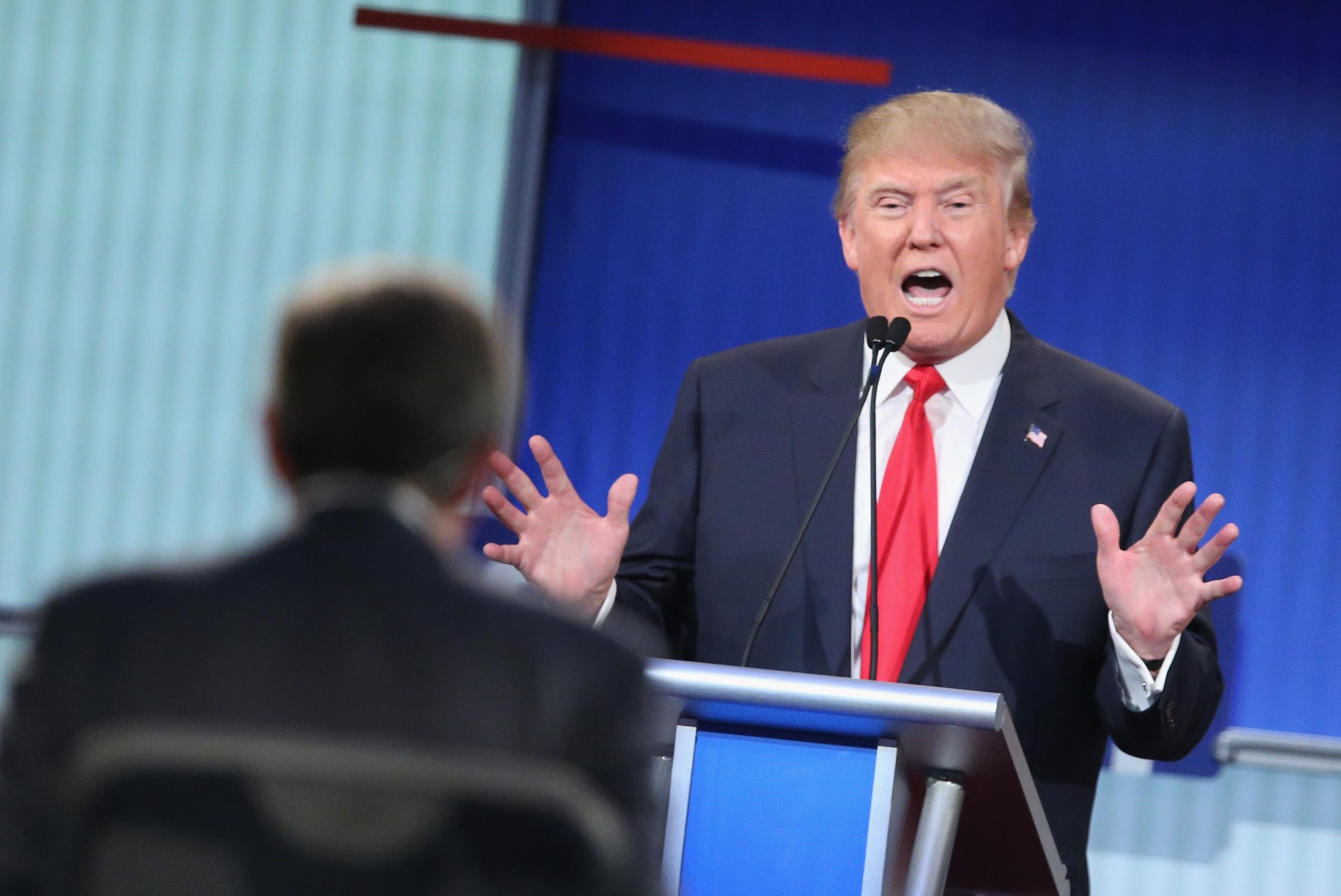
New York real estate mogul Donald Trump’s combative debate performance was only topped by his subsequent attacks on the Fox News moderators who challenged him on live television. After suggesting that moderator Megyn Kelly had “blood coming out of her wherever” during the debate, Trump faced his toughest criticism yet from Republican power brokers and conservative activists who are united in trying to force him out of the race. But not even the debate has made much of a dent in the reality television star turned candidate’s poll numbers, who appears set to remain a force in the contest for the long haul.
Chris Christie Is Not At Center Stage
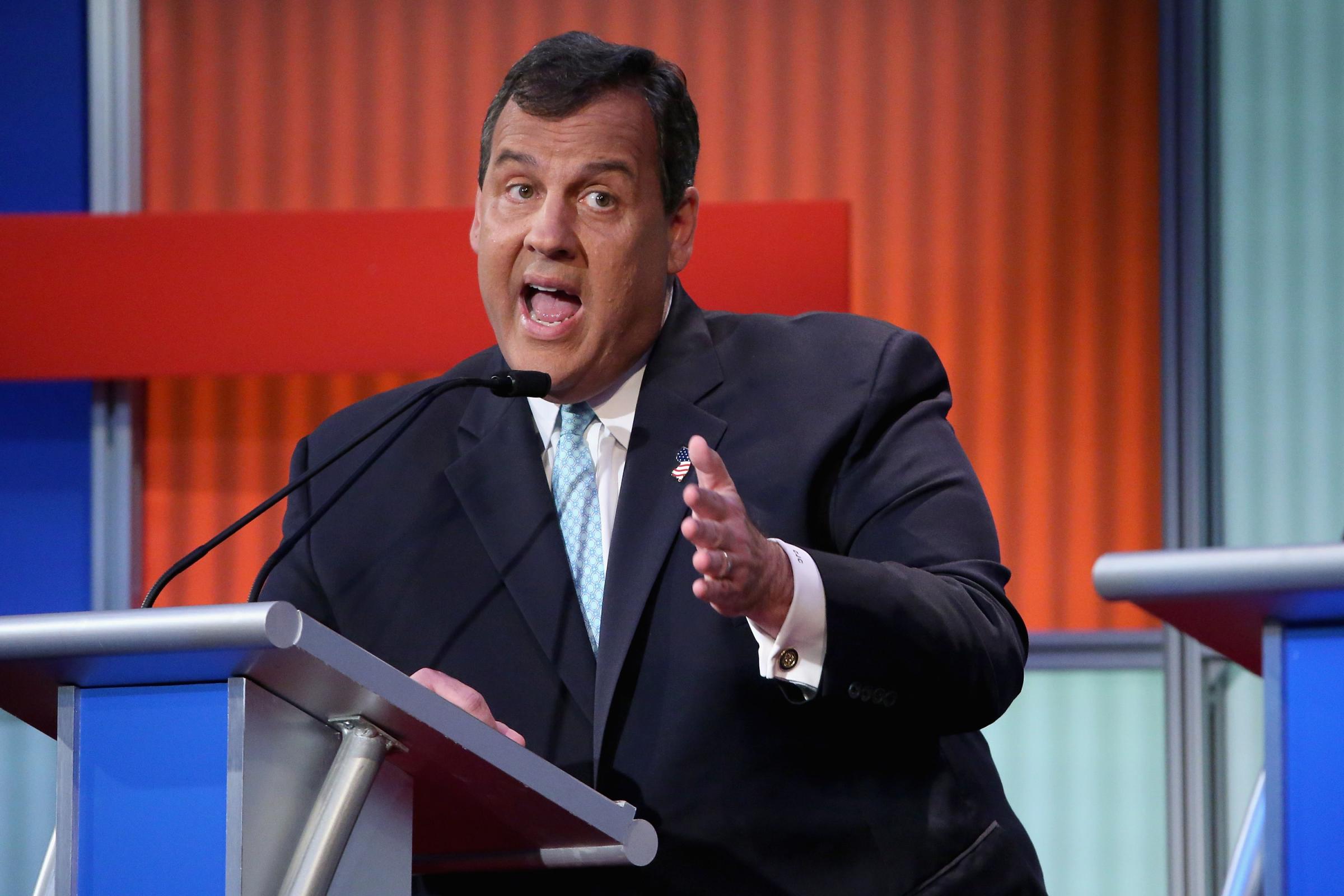
Despite a well-received performance in the debate, New Jersey Gov. Chris Christie is still gasping for political life. He has staked his campaign on New Hampshire, yet he spent the last week on vacation with his family. It fits Christie’s overall view of the race: this is long, blips don’t matter and voters eventually will consider their options late this year and early next year. For him, solid performances in the debates and technically sound decisions about operations and tactics will leave him in position to capitalize when it counts.
Ben Carson Has Still Got It
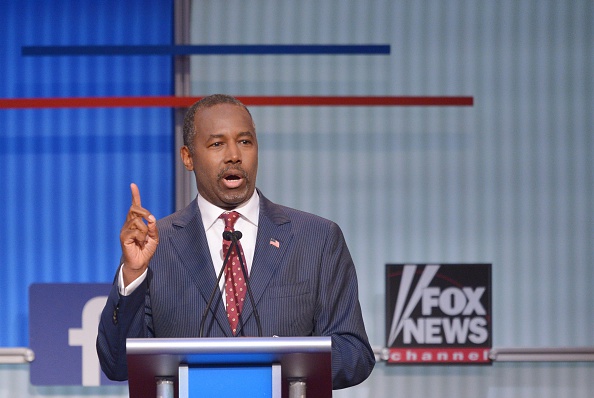
Voters don’t know much about retired neurosurgeon Ben Carson, but they sure seem to like the guy. He delivered a relatively benign performance during the first debate, but a one-liner about brain surgery—“[I’m] the only one to take out half of a brain, although you would think if you go to Washington that someone had beat me to it.”—was all it took to give Republicans permission to continue their affair with the soft-spoken doctor.
Rick Perry Has Money Trouble
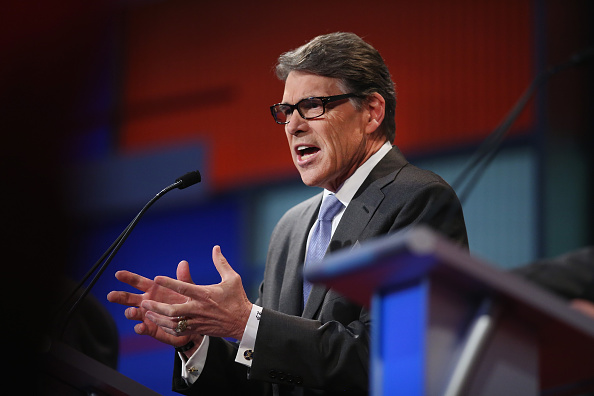
It almost sounds like the start of a joke: “Texas Gov. Rick Perry is so broke that…” Well, it’s no joke for Perry, who failed to qualify for the prime-time debate and was relegated to the also-rans contest. That did little to boost already sluggish fundraising. The second-time candidate is now so low on cash that he has stopped paying his South Carolina political team. His now-working-for-free aides tweeted messages that their work was a calling, not a job. His campaign manager, meanwhile, was sending his own tweets—often mentioning the veteran GOP strategist who is running the pro-Perry super PAC as a nod that supporters can still give unlimited cash to that nominally independent organization.
Ted Cruz Is Aiming at the South
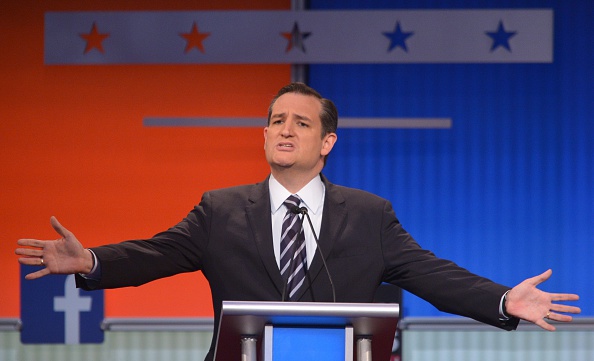
After a steady debate performance, Texas Sen. Ted Cruz embarked on an extended swing through the southern states with March 1 primaries and caucuses—the so-called “SEC primary”—that he believes will be his firewall should he fail to win any of the four early voting states. Driving around in a bus stamped on the back with “this bus makes only right turns,” Cruz is betting that the deeply conservative territory will be amenable to his fiery rhetoric. But Cruz would need to rack up impressive margins in the polls to make a meaningful difference in the delegate count.
…And The Rest
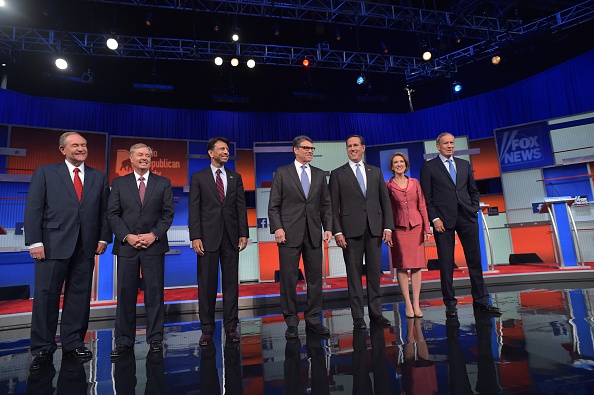
Former Arkansas Gov. Mike Huckabee, former Pennsylvania Sen. Rick Santorum, Louisiana Gov. Bobby Jindal, South Carolina Sen. Lindsey Graham and former New York Gov. George Pataki are all former or current elected officeholders. If things continue as they have, it’s unlikely they should start packing for the White House. Unless, of course, they plan to work for President Trump as his rural adviser (Huckabee), faith-based office program head (Santorum), resident foreign policy hawk (Graham) or environmental liaison (Pataki).
More Must-Reads From TIME
- The 100 Most Influential People of 2024
- The Revolution of Yulia Navalnaya
- 6 Compliments That Land Every Time
- What's the Deal With the Bitcoin Halving?
- If You're Dating Right Now , You're Brave: Column
- The AI That Could Heal a Divided Internet
- Fallout Is a Brilliant Model for the Future of Video Game Adaptations
- Want Weekly Recs on What to Watch, Read, and More? Sign Up for Worth Your Time
Write to Philip Elliott at philip.elliott@time.com